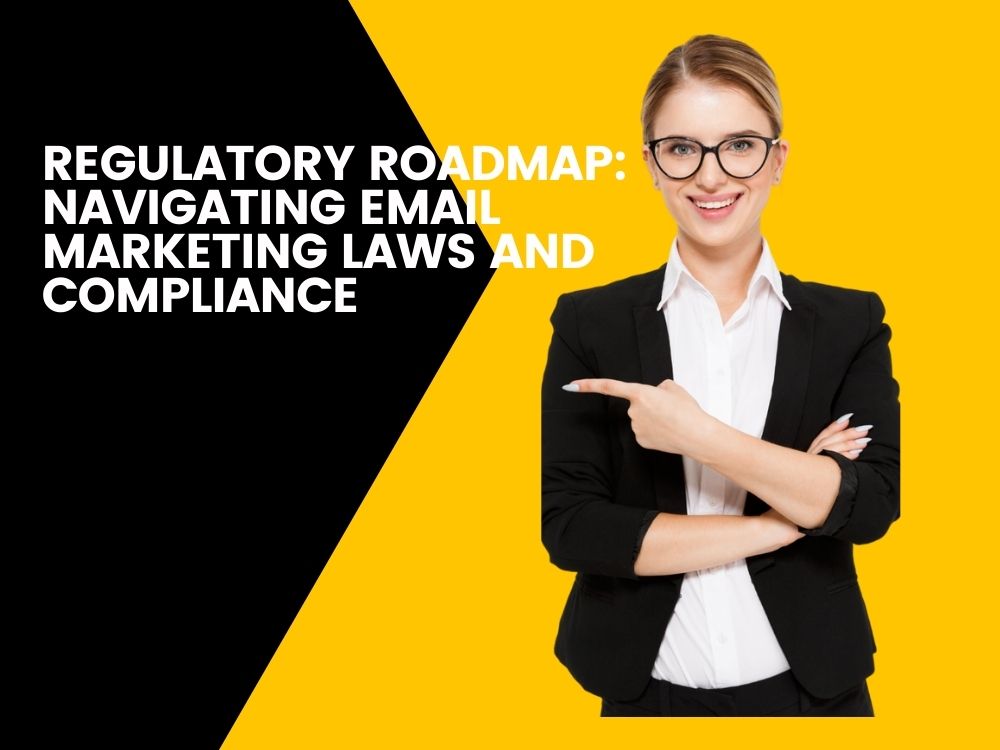In the ever-evolving landscape of digital marketing, email marketing stands out as a stalwart strategy, connecting businesses with their audience in a personalized and direct manner. However, as the importance of email marketing grows, so does the need for a comprehensive understanding of the regulatory landscape surrounding it. In this article, we delve into the intricacies of the Regulatory Roadmap for Email Marketing, guiding businesses through the maze of laws and compliance standards to ensure not only effective campaigns but also legal adherence.
Understanding the Foundations: CAN-SPAM Act
The CAN-SPAM Act: An Overview
The CAN-SPAM Act, enacted in 2003, lays the foundation for email marketing regulations in the United States. Under this law, businesses engaging in commercial email communications must adhere to certain guidelines to avoid legal repercussions. Key provisions include the requirement for clear and accurate email headers, opt-out mechanisms, and disclosure of the sender’s physical address.
Compliance Essentials: Opt-Out Mechanisms
One of the cornerstones of CAN-SPAM compliance is the inclusion of a clear and functional opt-out mechanism in every commercial email. Businesses must provide recipients with a straightforward way to unsubscribe from future communications, respecting their right to control the flow of marketing messages.
GDPR: Extending Compliance Globally
Global Reach: General Data Protection Regulation (GDPR)
While CAN-SPAM focuses on the U.S., businesses operating globally must also consider the General Data Protection Regulation (GDPR). Enforced by the European Union, GDPR places stringent requirements on the processing of personal data, impacting email marketing strategies that involve EU residents.
Key Components: Data Protection and Consent
Under GDPR, obtaining explicit consent from individuals before processing their personal data is paramount. Businesses must clearly communicate the purpose of data collection and offer a transparent opt-in process. Understanding and implementing these aspects of GDPR not only ensures legal compliance but also builds trust with the audience.
Crafting Compliant Content: Best Practices
Content Compliance: Striking the Right Balance
Beyond legal frameworks, the content of marketing emails plays a crucial role in maintaining compliance. Striking the right balance between engaging content and adherence to regulations is an art. Businesses must avoid misleading subject lines, employ accurate headers, and ensure that promotional material is clearly identified.
Subscriber Engagement: The Heart of Compliance
To enhance compliance and boost engagement, businesses should focus on subscriber engagement. Providing valuable content, personalized offers, and ensuring consistency in email frequency are key elements in keeping subscribers actively interested in the communication.
Emerging Trends: Privacy and Beyond
Privacy by Design: A Paradigm Shift
As technology advances, privacy becomes an integral part of product and service design. Adopting a privacy-by-design approach involves embedding privacy considerations into the development process from the outset. This proactive strategy aligns with evolving consumer expectations and regulatory standards, ensuring sustained compliance.
Artificial Intelligence in Compliance
The intersection of artificial intelligence (AI) and email marketing compliance is an area gaining prominence. AI tools can streamline compliance efforts by automating tasks such as consent management, data processing assessments, and monitoring for potential violations. Businesses embracing AI in their marketing strategies find themselves better equipped to navigate the complex regulatory landscape.
Conclusion: Charting a Course for Compliance Excellence
In the dynamic realm of email marketing, a proactive approach to compliance is non-negotiable. Understanding and implementing regulations like CAN-SPAM and GDPR, crafting compliant content, and embracing emerging trends such as privacy by design and AI integration are essential steps toward ensuring not just legal adherence but also building trust and fostering lasting relationships with the audience.

